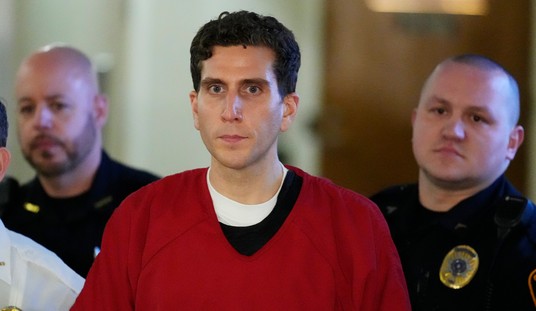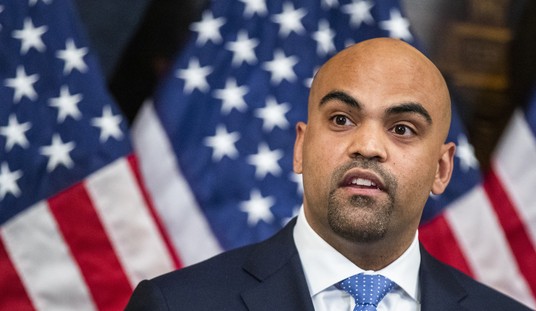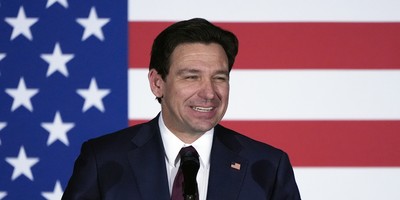Senate Democrats all share a common aim: Reforming the chamber's filibuster rules and eroding Republicans' ability to impede their legislative agenda. Achieving consensus on how to accomplish that goal, however, is proving challenging.
Every returning Democratic Senator signed a letter to Majority Leader Harry Reid (D-Nev.) in December signaling a desire to end “the current abuse of the rules by the minority” through rule changes. Republicans responded that the filibuster is a crucial arrow in the minority’s tactical quiver and asserted that the true abuse of Senate rules came in the form of Reid’s iron-fisted control of the agenda. Since 2007, Reid has “filled the amendment tree” on legislation – thus blocking any further amendments from being offered – on 44 occasions; more than the previous six majority leaders combined.
The finger pointing may come to a head later today when some Democrats are expected to introduce a resolution to amend the Senate rules with only 51 votes – far short of the customary two-thirds majority requirement. Republicans strongly oppose the idea. “The Senate needs to change its behavior, not to change its rules,” said Sen. Lamar Alexander (R-Tenn.) in a speech at the Heritage Foundation on Tuesday. He labeled Democrats’ rule change gambit “election nullification,” and quoted an Investor’s Business Daily editorial slamming the proposal: “The Senate Majority Leader has a plan to deal with Republican electoral success. When you lose the game, you simply change the rules. When you only have 53 votes, you lower the bar to 51.”
Recommended
Reid is reportedly working to delay any final action on the rule changes, which will likely be introduced by Sen. Tom Udall (D-N.M.) on Wednesday afternoon. Udall calls his resolution the “Constitutional option.” Republicans used the exact same term in 2005 to describe their proposal to eliminate extra-Constitutional judicial filibusters of Bush nominees – a plan that Democrats, then in the minority, branded the “nuclear option” and strenuously opposed. Unlike the 2005 kerfuffle, Udall’s plan would tamper not with nominee filibusters, but with traditional legislative ones. According to a senior Republican aide, Udall might kick off what could be a long and convoluted process by objecting to the continuation of the previous Senate rules and introducing several significant changes. The aide called the situation “fluid” and wondered if Democrats even have a finalized game plan.
Among Udall’s proposed changes are requiring Senators to maintain a filibuster by remaining physically present on the Senate floor, and putting an end to a process known as “secret holds.” Udall says his proposal would not effect the core longstanding requirement of 60 votes to end debate on a piece of legislation. Republicans plan to object to the rule changes, in part, because Udall’s allies hope to adopt them using the lower, 51-vote threshold. Alexander called the scheme “changing the rules by breaking the rules,” and suggested that by triggering this unprecedented rule change procedure, Democrats risked facing a “dramatic” response from Senate Republicans. “I think the Democrats called it ‘nuclear’ once,” he said.
Reid, meanwhile, faces dissention within his own ranks over how to proceed. Some Democratic members are leery about provoking Republicans, who they concede may seize control of the Senate in 2012. Democrats will be defending 13 more seats than Republicans in the next cycle. Sen. Claire McCaskill (D-MO), who will be up for re-election next year, is urging her party to pursue “modest” reforms. To buy time, Reid is reportedly considering stretching the opening legislative “day” – which is when rule changes must occur – to extend several weeks. This would allow his own caucus to reach an agreement on how to proceed and could provide further opportunities to consult with Republicans. Alexander said such a maneuver might be unseemly, but not unprecedented.
The GOP, for its part, is not necessarily opposed to the substance of all the Democratic reform proposals. Former Republican Senator Rick Santorum said Republicans could support certain reforms, particularly abolishing “secret holds,” wherein individual Senators can singlehandedly block nominees or legislation anonymously and for no stated reason. “If you want to hold something up, you should stand up and do it,” Santorum said. “There may be some sticky situations [where a secret hold would make sense], but by and large, it’s an abused power more than a helpful one.” Alexander agreed and said he expected a move to ban the practice would attract bipartisan support.
Alexander cautioned Democrats that any rash action they may attempt, even if it succeeds in the short term, would haunt them when the tables are turned. He said divisive, partisan reforms would “surely guarantee that Republicans will try to do the same to Democrats in two years,” or whenever the GOP wins back the Senate. “Those who want to create a freight train running through the Senate today, as it does in the House, might think about whether they will want that freight train in two years if it is the Tea Party Express. “

























Join the conversation as a VIP Member